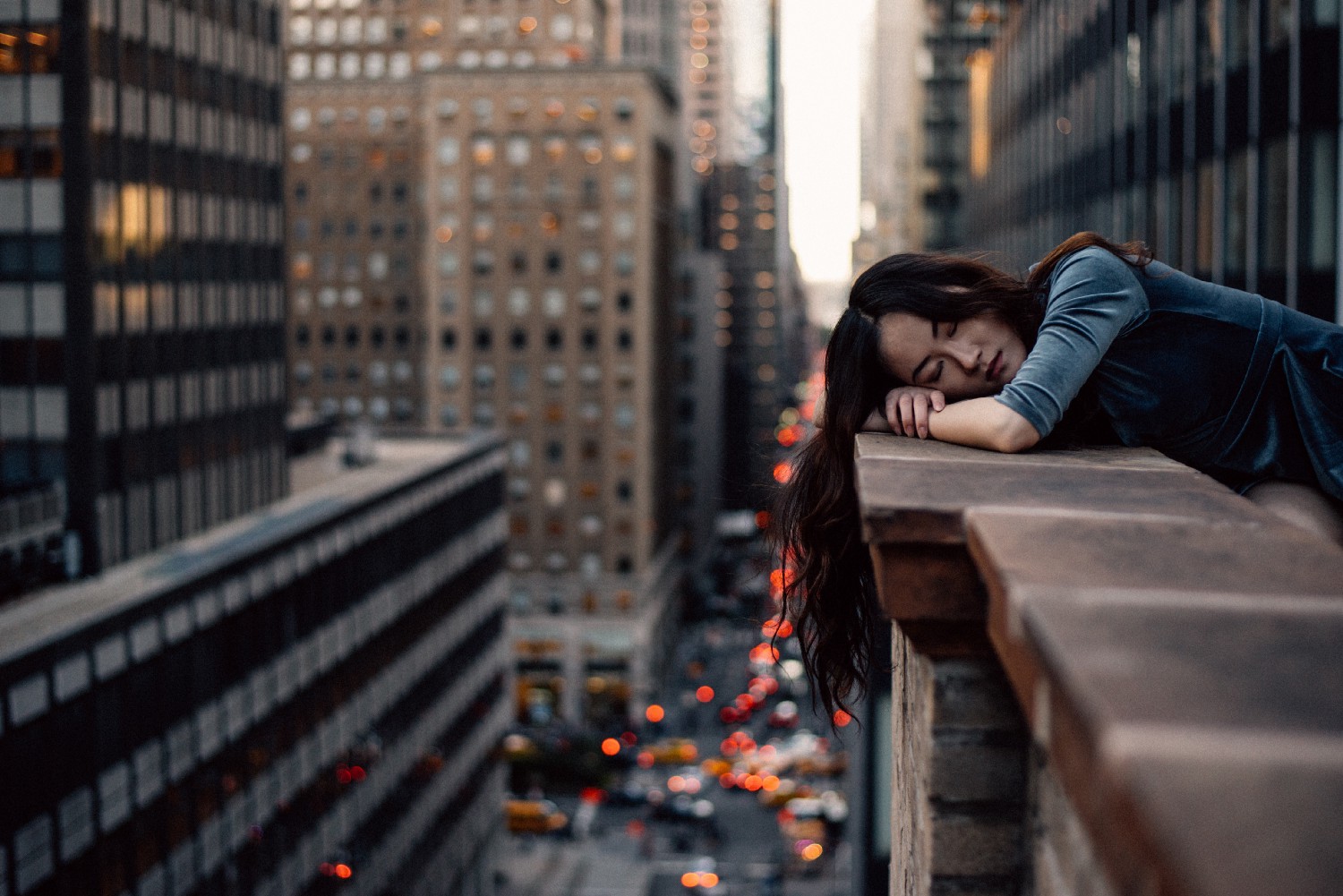Teenagers are often ridiculed for sleeping in late, but what if this pattern isn’t a result of adolescent behavior? A recent piece in the New York Times dives into why biology is to blame.
The article cites a recent study conducted by the American Academy of Sleep Medicine that shows many adolescents have difficulty falling asleep as they transition into their teenage years due to a delay of the release of melatonin in the brain. This pattern disrupts the adolescent’s sleep cycle, leading them to need to sleep in later.
According to the Academy, American teenagers should be getting between 8–10 hours of sleep a night to maintain a healthy physical and emotional lifestyle. But the Academy’s 2017 research found that only 23.2 percent of teenagers reported getting 8 hours of sleep a night, while the rest reported getting 7 hours or less.
Sleep experts, including Dr. Wendy Troxel of RAND, are leading a campaign to put an end to early school start times. Troxel, a senior behavioral and social scientist at RAND, says early school start times are not only a threat to learning, but to public health as a whole.
In a piece on Thrive Journal, Troxel writes, “Motor vehicle crashes kill more teenagers than any other cause of death in that age group, and sleep-deprived teenagers are disproportionately likely to be involved in motor vehicle crashes.”
Adolescent sleep deprivation can also be directly linked to drug, alcohol and cigarette abuse among teenagers in the United States, Troxel notes.
To experts, these findings have a seemingly obvious message: No school or extracurricular activity should begin before 8:30 a.m.
Read more about adolescent sleep loss in the New York Times.
Originally published at medium.com


